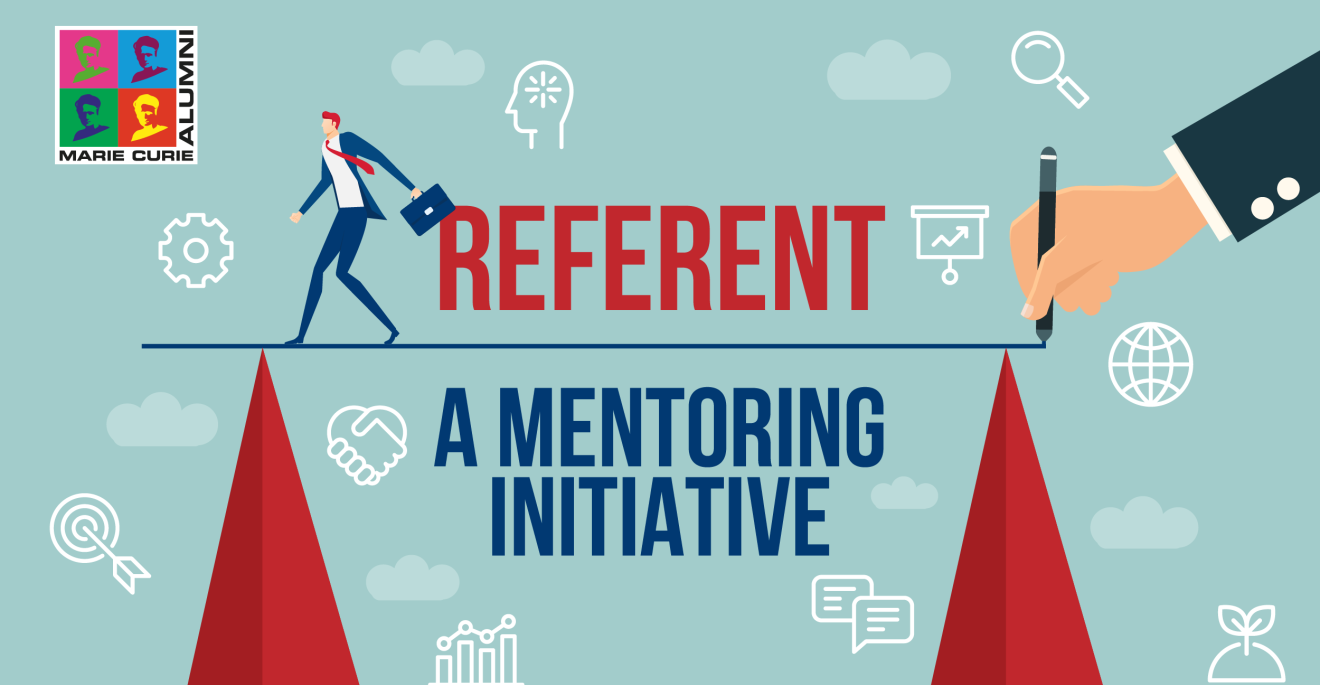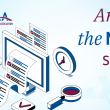Mentor-mentee bond helps manage mental health during your PhD

Working on your PhD can be daunting, overwhelming, isolating, and even frustrating. The MCAA REFERENT mentoring initiative is helping PhD students find mental health peer support by matching them with MCAA mentors. Darragh McCashin and Stéphanie Gauttier explain.
A growing number of PhD students experience psychological distress or is at risk of having or developing a common psychiatric disorder. The findings of a recent study suggest one in two PhD students experiences psychological distress and one in three is at risk of a common psychiatric disorder.
Research on occupational stress among academics indicates that stress is alarmingly widespread and on the rise. Most prevalent are feelings of being under constant strain, unhappiness and depression, sleeping problems due to worries, inability to overcome difficulties and not being able to enjoy day-to-day activities.
Help is here
Earning a PhD is a major undertaking, but the journey need not be a stressful one. Did you know you can reach out for support from peers who have been in your shoes?
Help is just one click away with MCAA’s REFERENT initiative. Complete the online form on the MCAA website and you will be matched up with an MCAA mentor.
What is REFERENT?
REFERENT was born within the MCAA’s General Assembly (GA) in Vienna 2019 where the first dedicated session on the mental health of researchers took place with over 100 attendees. Also taking place within the GA2019 was a session on the long-standing role of mentoring by Honorary Member Mike Rogers.
“During the MCAA Policy Working Group’s taskforce meeting, Stéphanie Gauttier (REFERENT co-coordinator) and I sought to utilise the principles of mentoring for career development but within the mental health space. Given the macro-size challenges facing stakeholders who are seeking top-down change to address growing mental health problems, Stéphanie and I wanted to apply some small positive change that could take immediate effect. We aimed to engage the talent and resources within the positive and progressive MCAA environment by seeking potential mentors who had their own experiences of mental health challenges in their early career,” explains REFERENT co-coordinator Darragh McCashin.
Read more about it in the MCAA’s IRRADIUM magazine.
How does REFERENT help PhD students find mental health peer support?
This initiative allows students to access a more senior experienced mentor who has been through potentially similar mental health challenges. “This will be within the MCAA environment and thus provide a unique platform from which to build a mentorship,” notes Gauttier who urges experienced researchers who have faced similar issues in the workplace to become MCAA mentors.
REFERENT plants solid roots and makes a positive impact
Since REFERENT was launched, McCashin has noted a growing interest in this initiative. Attendance at MCAA chapter events, webinars, GAs and external events with a focus on mental health have grown substantially. “When Referent is mentioned in any of these networks, we receive many queries from stakeholders expressing interest in our initiative,” adds McCashin.
Let’s get the word out
Sharing the benefits of such an important MCAA initiative is a must. “People want to help, so let’s formalise the mentoring process to allow them to reach out to a young version of themselves perhaps. In a world with scarce resources, let’s do what we can,” concludes McCashin.


